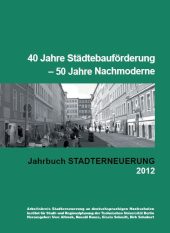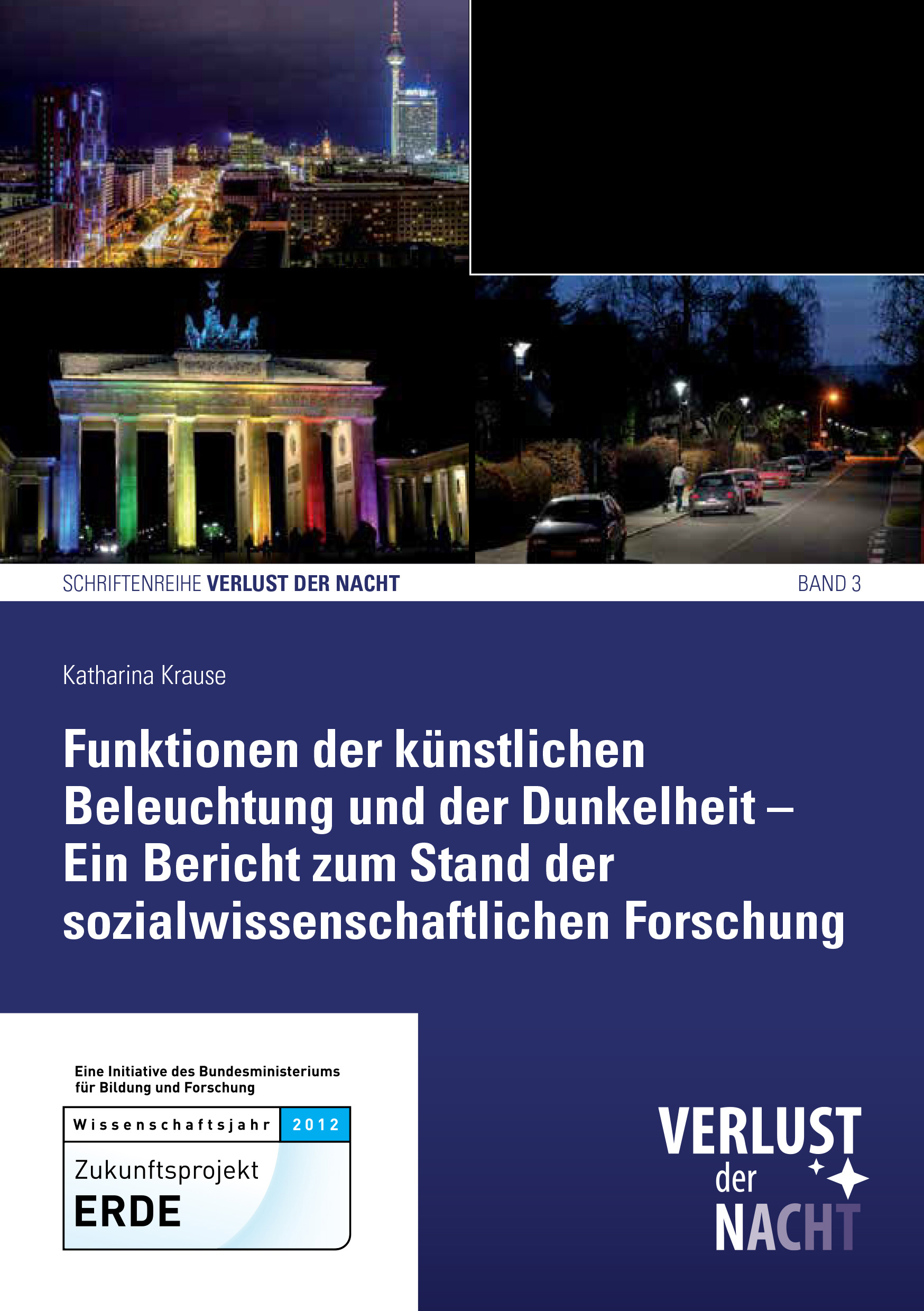Alternativen zur neoliberalen Globalisierung für eine nachhaltige Entwicklung – eine empirische Untersuchung in 3 ländlichen Gemeinden

Format: 21,0 x 29,7 cm
Publishing year: 2008
The concept of sustainable development has been coined in the 1970s and aims to achieve social, economic and ecological goals at the same time at the present as well as for future generations. At the same time several developments connected to globalisation and especially its neoliberal version are becoming visible which conflict with sustainable development. These developments can be classified into different categories. After analysing the compatibility of neoliberal globalisation and sustainable development, it can be concluded that both concepts can not be combined. Out of this results the question what alternative tracks of development might look like. Solutions that are being discussed in the scientific community can be categorised into the global governance approach and the deglobalisation approach. While the first one aims to create rules within the existing logical framework of economic globalisation and international division of labour that all states should submit to, the second one aims to re-embed the economy into a local environment. An analysis of both approaches shows that, for several reasons, sustainable development can only be achieved by the second approach. Three concrete concepts are presented in order to illustrate this approach and to fill it with concrete measures: import substitution, agropolitan development and bioregionalism. A comparison of the three concepts shows that they can be combined and, furthermore, they complement one another. Together, this makes them a promising solution to achieve a sustainable development. In terms of a possible implementation of concepts like these, numerous problems as well as chances can be identified.



